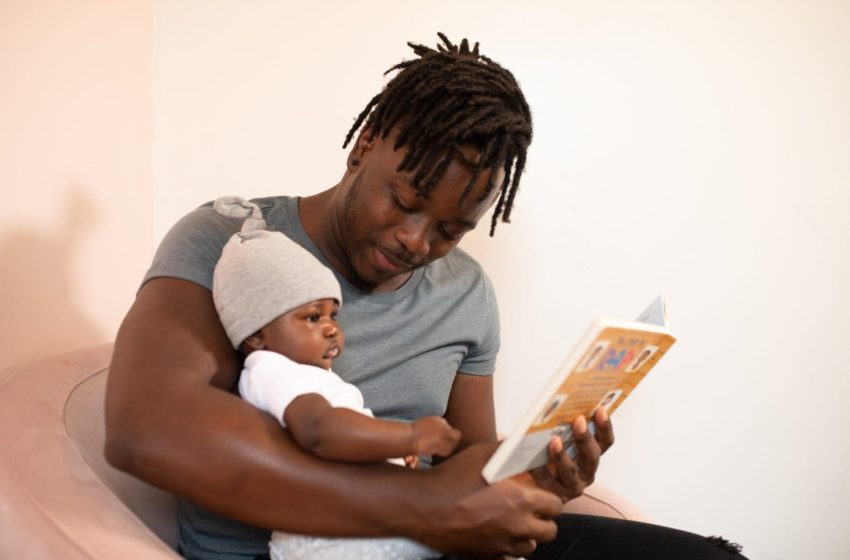Civil rights and wrongs

Photo by nappy on Pexels.com
No life, no rights. Without the protection of all human life from conception, no coherent argument can be made for all the rights people deserve. Pro-life champions like Ryan Bomberger — Emmy® Award-winning Creative Professional and founder of The Radiance Foundation — makes that case powerfully everywhere he can. He joined me for a lively conversation on radio about the summer’s social protests and ongoing tensions and the opportunity they provide to build solidarity.
“If you’re not alive, no other rights matter, period,” Bomberger told me. “It’s hard for me to fathom that so many of those who identify themselves as social justice warriors don’t see this. There are those who pervert what social justice really is. If you don’t value human life at its most vulnerable, most under-served, why do we expect people to respect human life after the child is born?”
“If you don’t value human life at its most vulnerable, most under-served, why do we expect people to respect human life after the child is born?”
Ryan Bomberger
“The number one killer in the black community is abortion, year to year. More black babies are aborted than born alive in New York, but nobody’s rioting because of those black lives that were killed. The civil rights movement has been hijacked by those who believe that some lives are more valuable than others. When I talk about the issue of abortion I’m not going to cede any ground. Because there’s no group more unprotected, more voiceless, more vulnerable, more defenseless, more marginalized than the unborn. People died so that people with my color and complexion would be seen as fully human. How in the world are we turning around and disregarding the humanity of others?”
He’s right. How many major media outlets and their news teams, how many politicians and social activists are fully engaged in current activism to respect and defend black lives while fully backing abortion without questioning the proliferation of abortion clinics in black neighborhoods, or data revealing the disproportionate numbers of black babies aborted over the decades since Roe?
A Moment of National Reflection
“We are in a moment of national reflection on the meaning of life in America, both among and between the powerful and the dispossessed,” writes Dr. James Sherley, an associate scholar of the Charlotte Lozier Institute and co-author of the new report, “Perceiving and Addressing the Pervasive Racial Disparity in Abortion.”
“In these high-minded times, our country is forgetting the most precious of humanity: our children; our preborn children. The irony of their exclusion in this national moment of social piety is a stark reminder of how hard it is to unlearn the habit and rationalization of human oppression.
“In an upcoming report in the peer-reviewed journal of Health Services Research & Managerial Epidemiology, my colleagues and I show how the racial disparity of abortion is the overwhelming cause of the destruction of Black lives in America. Abortion is the hushed killer of black life that has silenced millions of George Floyds before they even took their first breath of air. Yet, in this remarkable moment of social reform history, the lives of Black preborn children have been forgotten.
“…in this remarkable moment of social reform history, the lives of Black preborn children have been forgotten.”
Dr. James Sherley, M.D.
“In the present upheaval, Americans must recognize the urgency of protesting for the lives of our preborn children, too. We must, in particular, offer support to Black mothers who disproportionally lose their children to state-sponsored abortion. We will not become the moral nation that many cry we should be until we are consistent and fully critical in our stated moral cause.”
How do we change?
When I asked Ryan Bomberger how we can change the atmosphere and create a movement of solidarity, he replied thoughtfully:
“It has to start in our homes. We have to talk with our children about the hard issues. We (the Bombergers) have mixed race kids, they’re black and white, and we don’t want them to go through life defined by the color of their skin. We love all of our different colors, we love our different hues. We don’t want people to be color blind, God created us in all our colors to enjoy and celebrate, not to separate us by that. So for me, it starts first in the home, teaching our kids what it means to love one another. You don’t want someone to be harmed, you don’t want someone to be defined or enslaved by their addiction, you don’t want someone to be hurt by the affliction of homelessness, the list goes on and on. As Christians, we have to have conversations, but also be willing to do the research and the work that digs deep to challenge these issues we hear in media. Are the claims behind the conflict true?”
“As Christians, we have to have conversations, but also be willing to do the research and the work that digs deep to challenge these issues we hear in media.”
Ryan Bomberger
Fuse emotion with education, Bomberger urges. “I have a passion to know the facts. In my writing, I link to the direct source so people can go and examine the facts for themselves. There are still so many people out there who still don’t know what this is really about.”
It’s people like Ryan Bomberger we should be listening to so we can learn the facts and have a true passion for the lives of all our brothers and sisters.

